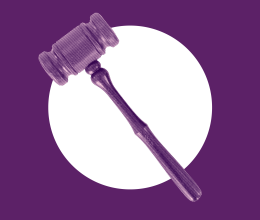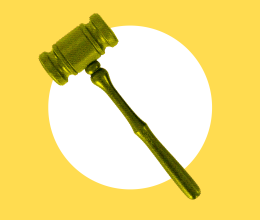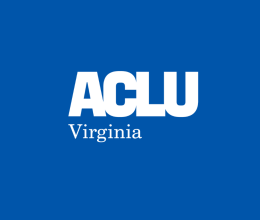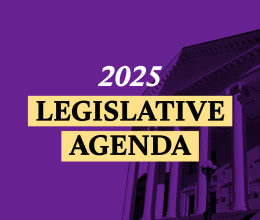
Public Citizen and ACLU of Virginia say plastic surgeon is trying to intimidate critics with lawsuit
Henrico County, VA – Five anonymous individuals who wrote negative online reviews of a San Francisco plastic surgeon did not violate the law, and the surgeon should not be permitted to force disclosure of their identities, lawyers for Public Citizen and the Virginia American Civil Liberties Union argued in papers filed earlier today.
"The First Amendment protects our right to speak anonymously, especially on matters of public concern," said Michael Page, a Public Citizen attorney working on the case. "If business owners are able to unmask their critics and force them to defend themselves against meritless lawsuits, they will succeed in chilling their critics' speech. It should take more to become a five-star doctor than marketing tricks and a lawyer willing to file frivolous lawsuits."
On September 15, 2010 the San Francisco Weekly published an article about Dr. Usha Rajagopal, a San Francisco plastic surgeon whose Plastic Surgery & Laser Center appears as the first business listing in a Google search for "San Francisco plastic surgery." According to the article, Rajagopal's Google page rank and stellar online reviews were the work of consultant Tracy Rosecrans of SF Web Consulting. It concluded that some of Rajagopal's five-star reviews appear to be the product of astroturfing, defined by the newspaper as "ringing endorsements that look like a groundswell of support when, in fact, they are being paid for."
The article also stated that the California State Medical Board placed Rajagopal on a three-year probationary period in June 2009. The probation resulted from allegations that one of her patients went into a vegetative state due to her "gross negligence" and "unprofessional conduct."
Three of the defendants referenced the San Francisco Weekly article. One wrote: "After reading the article in San Francisco Weekly re: Dr. Rajagopal, have to wonder about all of the glowing five star reviews." Another referenced the article and commented that "[s]he is responsible for putting a woman into a vegetative state who later died." Two others expressed their personal negative views.
Rajagopal responded by filing a lawsuit in Virginia, alleging that the defendants conspired to defame her, and subpoenaing Google for the defendants' identities. By filing in Virginia, Rajagopal avoided a California statute that provides penalties for suits filed for the purpose of stifling speech on matters of public interest.
“People should feel free to post online reviews of local businesses without fear of being hauled into court,” said ACLU of Virginia Legal Director Rebecca Glenberg. “We often think of censorship as involving direct government suppression of speech, but in cases of lawsuits such as this one, a private person with money can enlist the judicial system to accomplish the same goal. Average people simply do not have the financial means to fight these attacks in court so they censor themselves instead.”
Public Citizen and the ACLU of Virginia filed a motion to quash the subpoena and to sanction Rajagopal and her attorney. The motion can be found online at: http://acluva.org/wp-content/uploads/2011/03/20110307Rajagopal-v-Does-Memo-Support-Motion-Quash.pdf
Contact: Rebecca Glenberg, Legal Director, 804-644-8022


